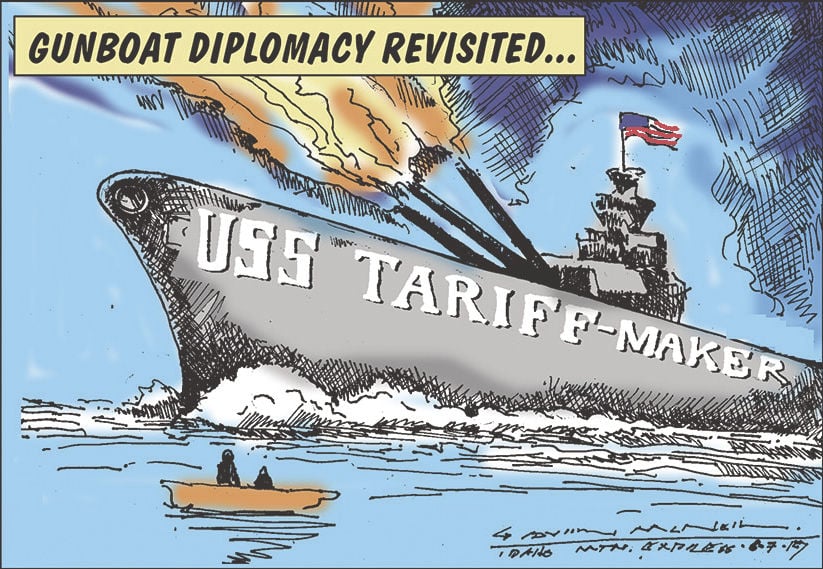In conclusion, the battle between Shein and Temu highlights the cutthroat tactics employed by Chinese e-commerce firms as they expand internationally. The allegations of anti-competitive practices and trademark infringement raise important questions about the power dynamics within the industry. As regulators consider proposed anti-monopoly laws, it is essential to address these concerns and promote fair competition in the e-commerce market. The outcome of this dispute will undoubtedly shape the future of China’s e-commerce industry and its global impact.
China’s e-commerce tactic goes global as Shein-Temu war escalates
The Battle Between Shein and Temu: A Closer Look at the Allegations
The competition between two of China’s largest e-commerce companies, Shein and Temu, has intensified as they expand their operations internationally. Recently, Temu, an affiliate of Pinduoduo that is aggressively expanding overseas, filed a court document in the United States accusing Shein, a fast fashion giant, of engaging in anti-competitive practices. Specifically, Temu claims that Shein has been “forcing exclusive dealing arrangements on clothing manufacturers.” This allegation is reminiscent of Alibaba’s infamous “choosing one from two” policy, which prompted a probe by the Chinese government into Alibaba’s monopolistic practices.
Shein, a popular online retailer known for its trendy and affordable clothing, has faced scrutiny for its business practices. The company’s holding company is based in Singapore, but it has a significant operational footprint and sources mainly from manufacturers in China. In an effort to expand globally, the entity behind Temu and Pinduoduo recently established its base in Dublin.
The focus of the dispute between Shein and Temu lies in their relationships with clothing manufacturers. It raises the question of why Shein would maintain such a tight grip on its apparel suppliers, considering the abundance of resources available in China. A post on Xiaohongshu, China’s lifestyle and experience sharing community, offers a clue. The author of the post, who appears to be a Temu seller, claims that her jeans factory is struggling to procure cotton that is not produced in Xinjiang, the major source of cotton in China. This issue is significant as the U.S. fashion industry has been urged to avoid Xinjiang cotton due to concerns about forced labor. A law was passed in 2021, granting U.S. border authorities greater powers to block goods linked to alleged forced labor in China.
Shein, a popular online retailer known for its trendy and affordable clothing, has faced scrutiny for its business practices. The company’s holding company is based in Singapore, but it has a significant operational footprint and sources mainly from manufacturers in China. In an effort to expand globally, the entity behind Temu and Pinduoduo recently established its base in Dublin.
The focus of the dispute between Shein and Temu lies in their relationships with clothing manufacturers. It raises the question of why Shein would maintain such a tight grip on its apparel suppliers, considering the abundance of resources available in China. A post on Xiaohongshu, China’s lifestyle and experience sharing community, offers a clue. The author of the post, who appears to be a Temu seller, claims that her jeans factory is struggling to procure cotton that is not produced in Xinjiang, the major source of cotton in China. This issue is significant as the U.S. fashion industry has been urged to avoid Xinjiang cotton due to concerns about forced labor. A law was passed in 2021, granting U.S. border authorities greater powers to block goods linked to alleged forced labor in China.
However, the exclusivity requirement imposed by Shein extends beyond cotton. According to Temu’s filing, as of May, Shein has required all of its approximately 8,338 manufacturers to sign exclusive-dealing agreements, preventing them from selling on Temu or supplying products to Temu sellers. These manufacturers represent a significant portion, estimated to be 70-80%, of the total number of merchants capable of supplying ultra-fast fashion.
While Temu accuses Shein of anti-competitive practices, Shein has also made allegations against Temu. . ."
While Temu accuses Shein of anti-competitive practices, Shein has also made allegations against Temu. . ."
China’s cutthroat e-commerce tactic goes global as Shein-Temu war escalates
2023-07-31 | 07:25
The battle between two of China’s largest e-commerce firms is heating up, as they take the cutthroat tactics that have long been around in the country to the international markets they both covet.
Chinese e-commerce deals giant Pinduoduo’s affiliate, Temu, which is aggressively expanding overseas, recently filed a court document in the US accusing fast fashion giant Shein of anti-competitive practices. Specifically, Temu claims that Shein has been “forcing exclusive dealing arrangements on clothing manufacturers.”
This allegation is reminiscent of Alibaba’s infamous “choosing one from two” policy, where vendors were asked to sell exclusively on Alibaba’s platforms and skip its archrival, Pinduoduo. As part of its sweeping crackdown on the tech industry, the Chinese government launched a probe into Alibaba in late 2020 over its monopolistic practices.
Chinese e-commerce deals giant Pinduoduo’s affiliate, Temu, which is aggressively expanding overseas, recently filed a court document in the US accusing fast fashion giant Shein of anti-competitive practices. Specifically, Temu claims that Shein has been “forcing exclusive dealing arrangements on clothing manufacturers.”
This allegation is reminiscent of Alibaba’s infamous “choosing one from two” policy, where vendors were asked to sell exclusively on Alibaba’s platforms and skip its archrival, Pinduoduo. As part of its sweeping crackdown on the tech industry, the Chinese government launched a probe into Alibaba in late 2020 over its monopolistic practices.
Read the full story at:
___________________________________________________________________________
>







No comments:
Post a Comment